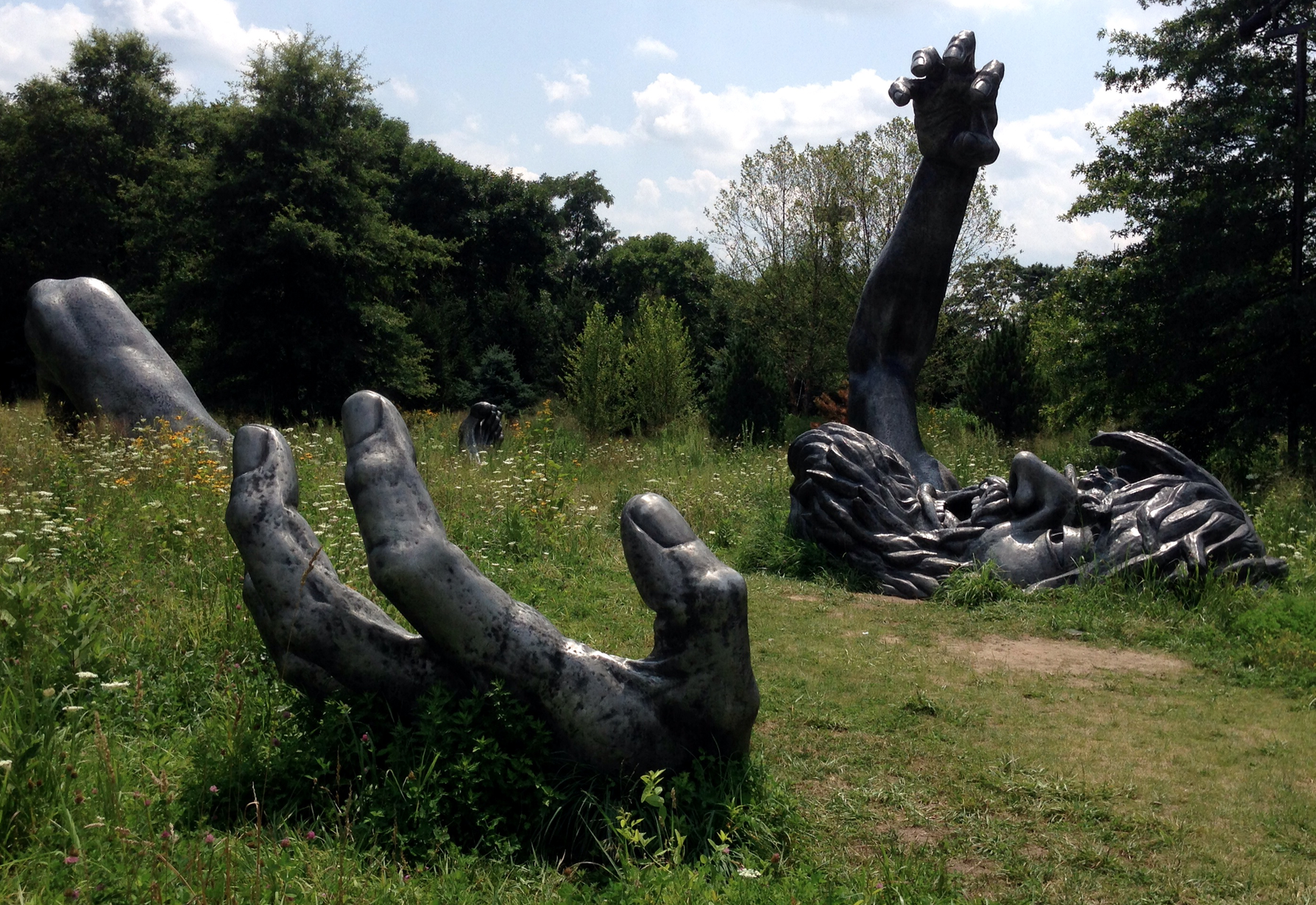In the previous blog, I suggested we turn the tables (gently!) on skeptics when they ask us how we solve “the problem of evil.” We need to show them the problem is far more difficult than they might think, there are several problems woven into the issue, and their non-Christian answer fails to solve the problem.
Here are some ways we can actually word our response:
The “common ground” approach: “I agree with you that evil and suffering pose a lot of difficulties for people of faith. But they also pose difficulties for people of no faith or little faith or secular perspectives. We’ve all got a problem of evil. How do you solve it?”
The “maybe” approach: “You might be right that Christians haven’t totally resolved the problem of evil. Maybe nobody can. I wonder if we could discuss different ways people have tried. Then we can compare them and see which ones get closer to that goal.”
The “therapeutic” approach: “I think we need more than answers or explanations, don’t we? Making sense out of suffering is important. But so is finding strength in the midst of suffering. How do you cope with hearing bad news or battling physical pain? I’ll tell you what’s helpful for me.”
The “inquisitor” approach: “You sound really upset when ask this question. Are you? A lot of people sound angry when they ask Christians how we deal with pain and suffering. Why do you think that is? We’re not causing the pain. How does your non-religious perspective handle the problem? Does it make you any less angry about it?”
(I realize this previous approach seems too pushy for many people and cultures. I’m originally from New York and I just recently went back there for a visit. Such abrupt tones and expressions fit right in there. In fact, if you’re too soft-spoken about anything, you’ll be ignored or dismissed. Sometimes the strong approach fits the setting.)
The “shoulder to cry on” approach: “I sense that you’re asking this question for reasons other than philosophical ones. Am I right? Have you faced some suffering or pain that still stings? We can talk about the philosophical question if you want to but I get the idea that I could help you find strength and hope, which might be more helpful than an answer or an explanation.”
The “personal pain-testimony” approach: “I wrestle with this question a lot. And I’ve read what several different people have to say about it. They come from a variety of perspectives. I’ve found helpful things said by atheists, agnostics, Christians, Jews, and many other perspectives. I find the Christian perspective to be the most helpful in a lot of ways. But I’ll quickly admit that I’ve still got questions and problems with the Christian view. Could I tell you why I find it to be the best of the incomplete answers?”
I’m confident there are other ways we can respond. For the most part, I’m trying to help us avoid two common problems.
First, we need to not make this an angry debate. It often devolves to that but, obviously, that only creates more pain, not less.
Secondly, we need to try to resist the “us vs. them” posture. I prefer the “we’re all in this mess together” posture. Then we can offer help and perspective that might just help them find the One who provides the way to eternal life – where there will be “no more death or mourning or crying or pain…” (Rev. 21:4)



